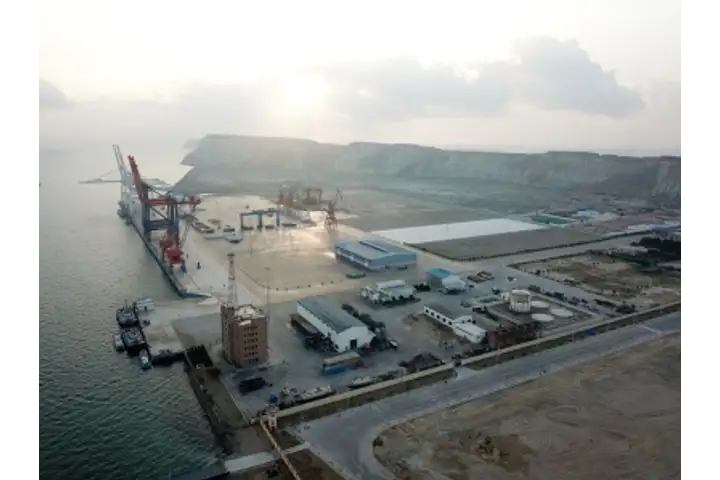The deepening banking crisis in China could further deal a blow to Beijing’s ambitious Belt and Road Initiative (BRI), which has already run into troubled waters since the outbreak of the Covid 19 pandemic. China’s lenders and their financial health are now in question after several small banks in the country’s Henan province barred depositors from withdrawing money, leading to widespread panic among citizens. Many smaller banks in China which have escaped regulatory spotlight could find themselves in the same spot.
China’s economy is currently facing a series of challenges. In the April-June quarter, the country’s economy registered a sharp contraction of 2.6 per cent against a 1.4 per cent growth in the January-March quarter, this year. This was China’s first quarterly contraction since the first quarter of 2020, when the pandemic had just hit.
“China could finance such mega projects when the going was good and its economy was on a growth path despite the trade war with the US. The picture however is totally different today and with its own gripping challenges at home, it will have to focus on other areas,” an analyst told India Narrative. Several countries have already either stalled BRI projects or sought restructuring of the same.
The multi-trillion project, launched by Chinese President Xi Jinping, has been largely financed by the country’s state-owned banks and local governments. A large chunk of the funding has also been undertaken by the small and regional lenders. Now with the rising global economic uncertainty amid deepening energy crisis and fears of an imminent recession, several projects under the BRI umbrella have remained unviable.
Consider this. The BRI project in Nepal has been a non-starter. Despite the two countries signing a memorandum of understanding in May 2017 to expand bilateral cooperation under the BRI, there is nothing to show on the ground. Similarly, China has refrained from financing any new project in Russia and Egypt through its Belt and Road Initiative in the first half of this year.
In March, after the visit of Chinese Foreign Minister Wang Yi to Nepal, Beijing issued a statement, highlighting the importance of the BRI framework in the Himalayan country. But the Nepal foreign ministry remained silent on BRI projects and their implementation.
For many countries, Sri Lanka’s economic crisis, finally leading to a default, has been a wake-up call.
According to a Bloomberg report, data released by Green Finance & Development Center, an affiliate of Fudan University in Shanghai, shows that financing worth $28.4 billion was directed towards BRI projects in the first six months of this year, down from $29.4 billion in the same period a year ago.

